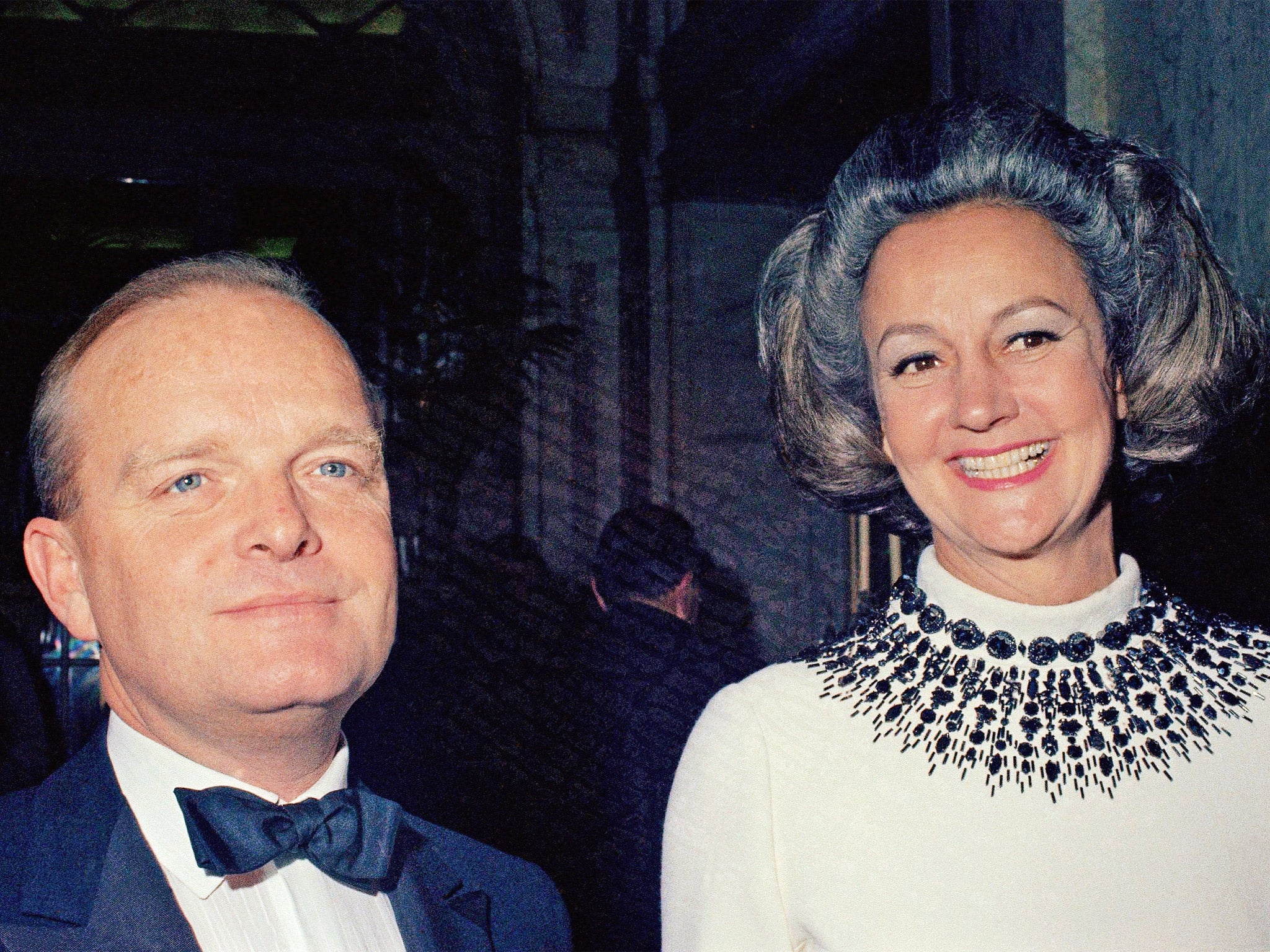The Washington Post: A much-diminished force – but it is still a local institution
Its domestic political coverage and foreign affairs expertise are still excellent

Your support helps us to tell the story
From reproductive rights to climate change to Big Tech, The Independent is on the ground when the story is developing. Whether it's investigating the financials of Elon Musk's pro-Trump PAC or producing our latest documentary, 'The A Word', which shines a light on the American women fighting for reproductive rights, we know how important it is to parse out the facts from the messaging.
At such a critical moment in US history, we need reporters on the ground. Your donation allows us to keep sending journalists to speak to both sides of the story.
The Independent is trusted by Americans across the entire political spectrum. And unlike many other quality news outlets, we choose not to lock Americans out of our reporting and analysis with paywalls. We believe quality journalism should be available to everyone, paid for by those who can afford it.
Your support makes all the difference.To grasp what The Washington Post and the family that owned it used to represent, consider the passing of Katharine Graham.
On 17 July 2001, the newspaper’s most famous publisher had died after a fall while attending a high-level business confab in Idaho. Six days later she received a state funeral in all but name.
That sultry Monday afternoon, an overflow crowd of 3,000 packed Washington’s National Cathedral. Presidents and Vice-Presidents attended, as did Senators and Congressmen by the dozen, business moguls, the media super-elite and notables from across the country.
It was a send-off befitting a person to whom the title “most powerful woman in America” had once surely belonged.
Ms Graham presided over The Washington Post’s most glorious era, when it published the Pentagon Papers and then helped bring about the downfall of President Richard Nixon. The Watergate reporters Carl Bernstein and Bob Woodward, as well as the swashbuckling, salty editor Ben Bradlee, became household names, their exploits turning newspapering into the most glamorous trade on earth for a while.
Atop the pyramid sat Ms Graham. The city’s most precious currency was an invitation to dinner at her mansion on the corner of R and 29th streets in Georgetown.
In retrospect, her funeral marked a watershed. The Georgetown dinner party was by then a dying institution, but the new media that would eat into The Washington Post’s sales and profits were not yet a dominant force. In 2001, the newspaper still sold over 750,000 copies. Today the figure is barely 470,000.
Until then, the Grahams had been Washington’s own unofficial royal family. Thereafter, they were like every other family that owned an American newspaper, trying to keep a traditional print business going in the age of the internet.
In the years since, The Washington Post has had its share of triumphs, notably in exposing the post-9/11 excesses of the CIA and the runaway growth of America’s secret state.
Its domestic political coverage and foreign affairs expertise are still excellent.
But financial pressures, perforce, have shrunk its horizons. It retains a smaller, but still decent, network of foreign correspondents, but has long since closed all its bureaus in other US cities – even New York and Los Angeles.
More than its arch rival The New York Times, The Washington Post has always been a curious mix of the global and the local, the paper with a virtual monopoly in the capital of the world’s lone superpower, but which also devotes much space to high-school football in next-door Maryland. These days the paper is thinner.
As often as not, the parochial gets the upper hand. Nor is the paper quite the liberal beacon that Watergate made it for the world. It’s not conservative, but domestically there is little of the visceral dislike of Republicans and all their works so evident in The New York Times. If anything, the op-ed pages lean neo-con on foreign policy.
The Washington Post is a local institution and will remain one under Jeff Bezos. No longer though is it a national institution like The New York Times, now the last of America’s great newspapers left in family hands. But, one may ask, for how much longer?p
Join our commenting forum
Join thought-provoking conversations, follow other Independent readers and see their replies
Comments